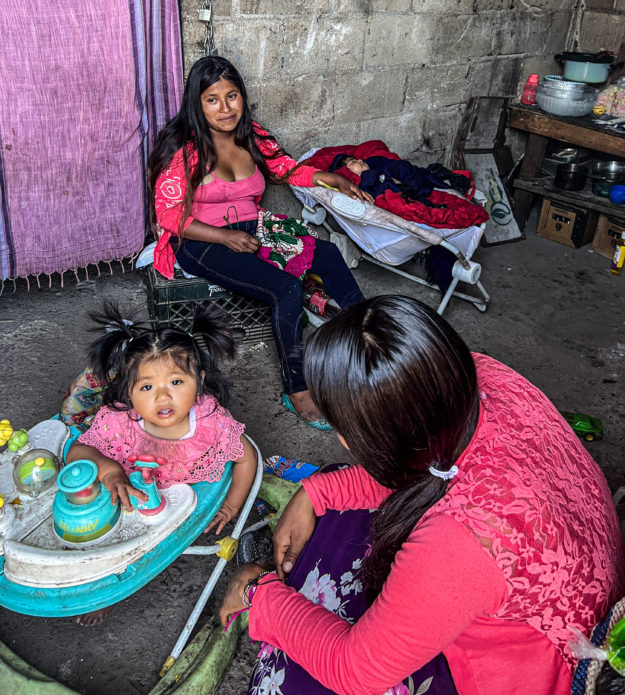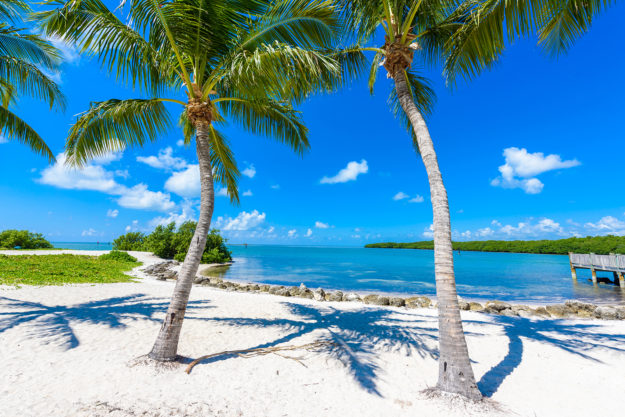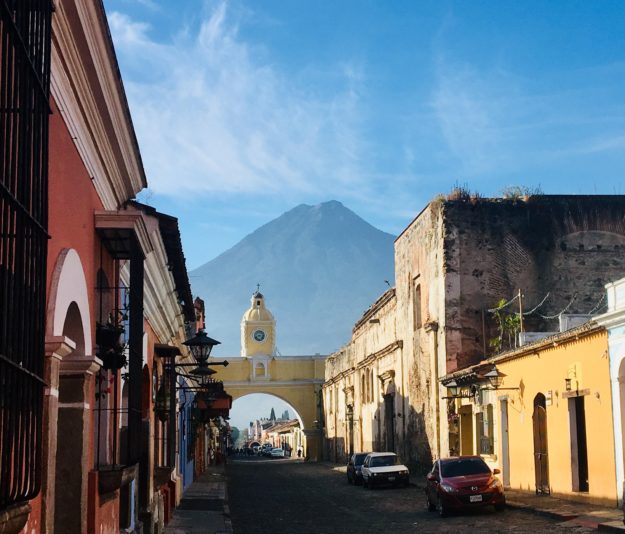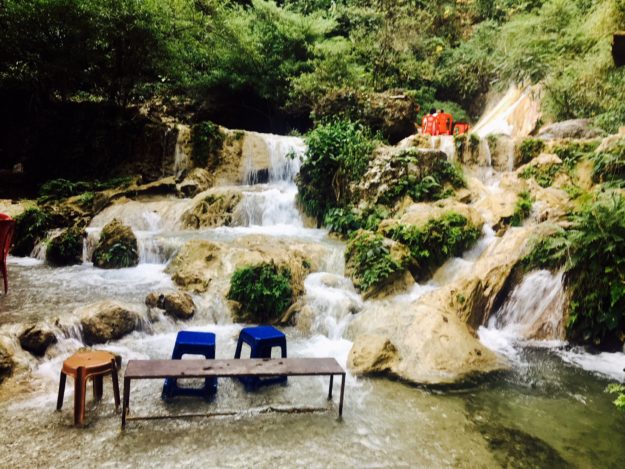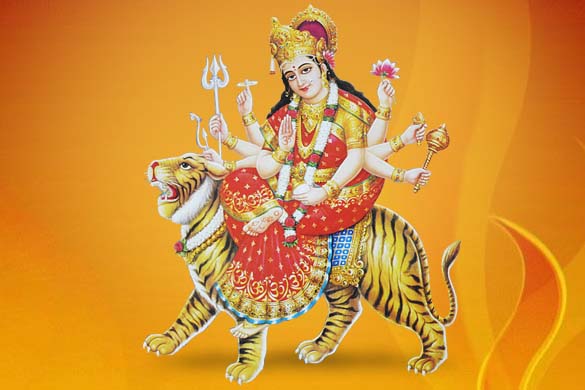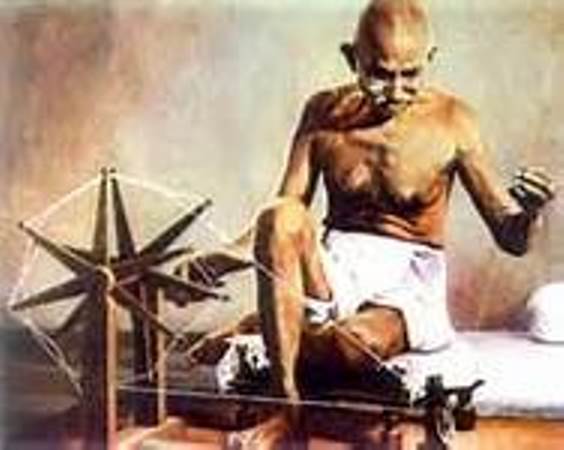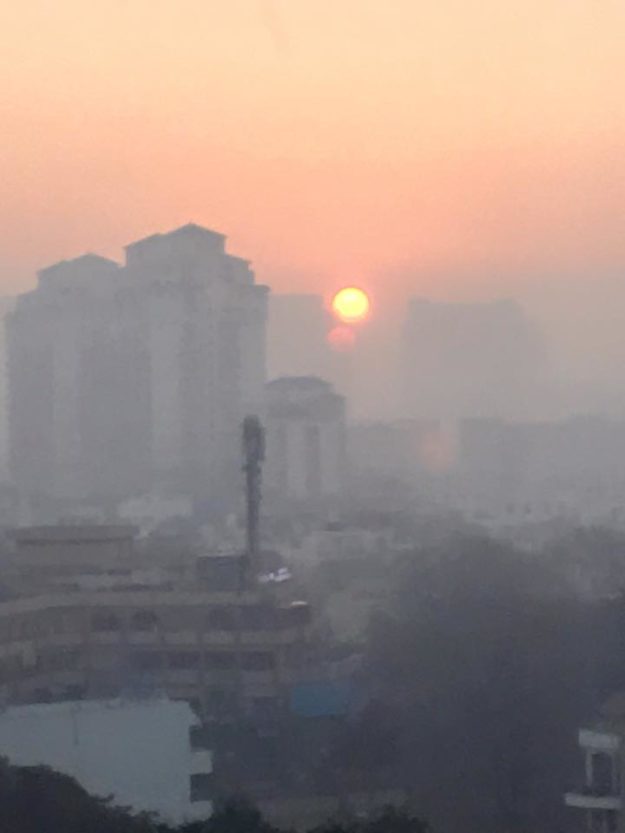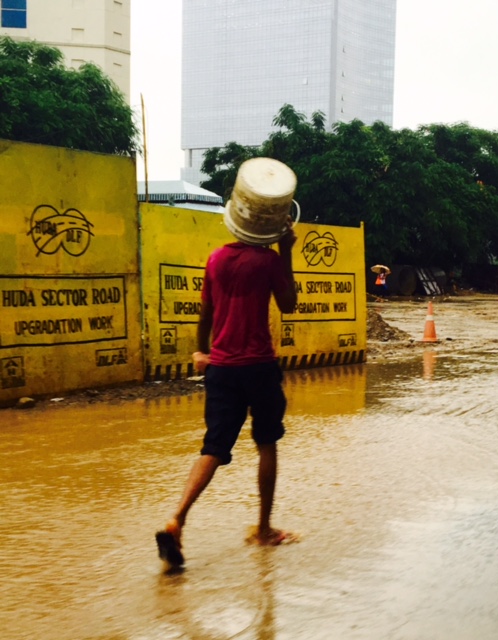India is a fascinating country, full of geographic wonders, rich history, unique cultural experiences, delicious food and adventures of all kinds, both good and bad. Almost daily someone asks me if I am enjoying my stay in India, and the truth is, sometimes I do and sometimes I don’t. It depends on the day really. There is one thing for certain, if you are coming to India to work, be prepared for some serious culture shock! Here are 15 things I wish I had known before coming here.
1. Workplace Culture: Indian people are taught to respect their “seniors”. Authority figures have tremendous power in India and their subordinates rarely question them. They typically do as they are told, no more and no less. As a result, don’t expect your Indian coworkers or staff to speak up, give you great ideas or put in a lot of extra effort. On the flip side, they are a very social and hard working group of people and once you win their loyalty and respect they will work even harder for you.
2. Tardiness: When we held our project kick off meeting everyone was late and we started an hour after it was scheduled. I was horribly offended but soon learned that they mean no disrespect. The traffic in India is atrocious (see number 3 below) and the simplest things (herd of cows in the road) can have a ripple effect that causes huge delays. The buses and trains are also often late for a number of reasons too which in turns causes their commuters to be late. In fact, I’ve yet to have a single interviewee show up on time for an interview. It’s just their culture. If nothing else, India will teach you patience.

